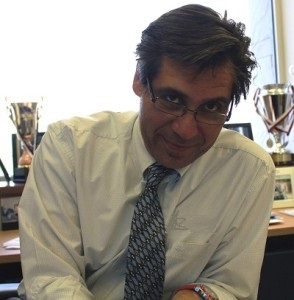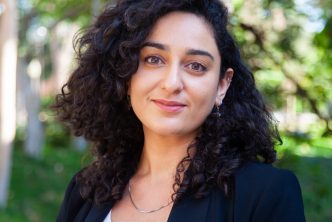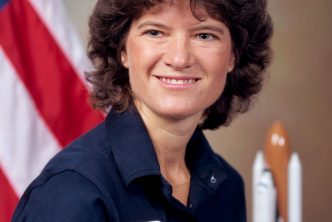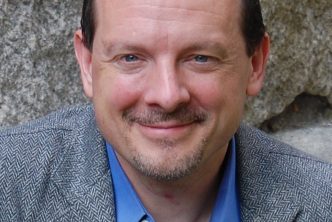In the Journal of Writing Research, 7(3), 425-452:
Writing researchers have long attempted to classify and describe patterns of citation and source use both to describe disciplinary differences, and to identify discourse-level characteristics of new knowledge production. The analysis of large corpora has provided great insights about the formal characteristics of citations, but little information about their rhetorical nature, which we know from interview studies as central to the understanding of source use practices. This study reports on an attempt to understand and describe patterns of source use across disciplines, genres and levels of participation through systematic verbal data analysis of documents produced by sixteen participants in expert/novice pairs (faculty advisor/doctoral advisee) from four disciplines (Computer Science, Chemical Engineering, Materials Science Engineering and Humanities and Social Sciences). The results of this analysis showed that, despite some disciplinary differences, all participants used similar patterns of reference use, namely elaboration, evaluation and relation to one’s own work.





